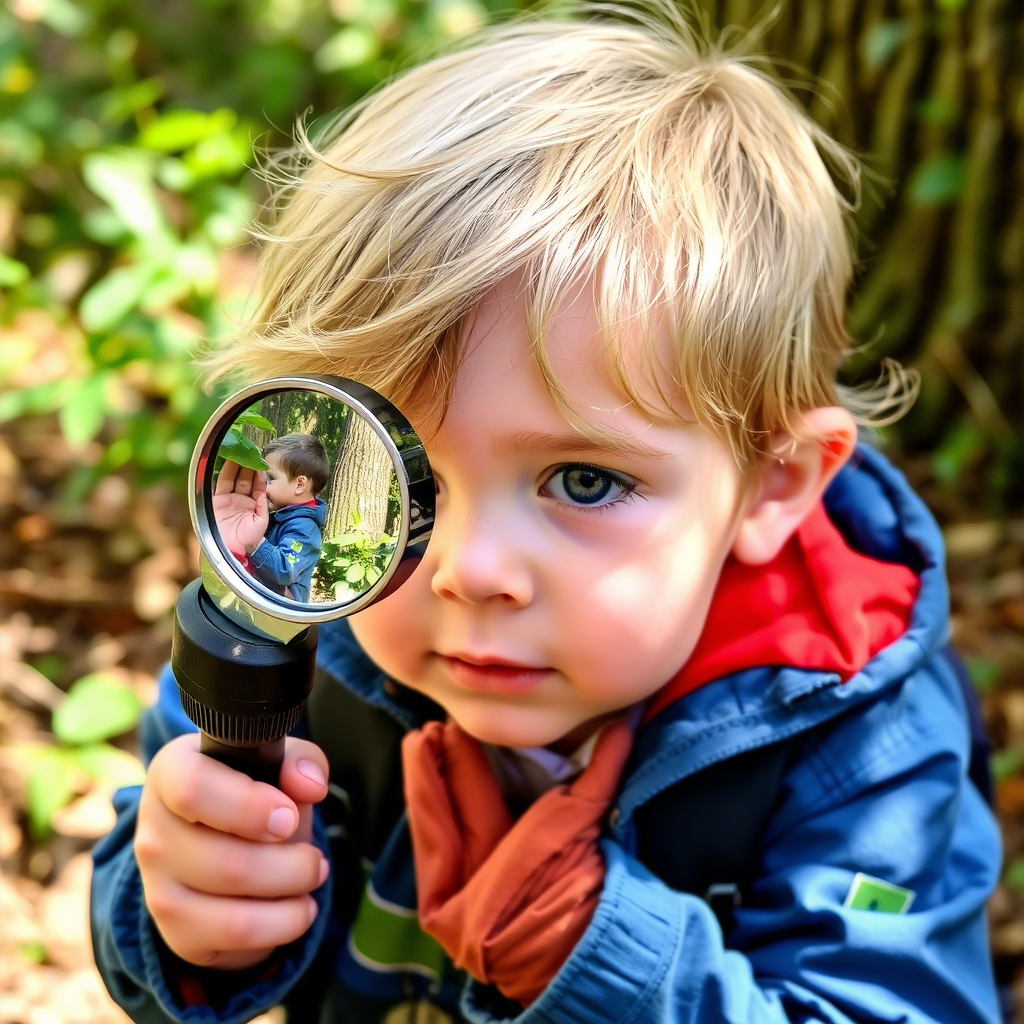Encountering The Why Stage: An Insight into Handling the Curiosity of Your Child
The “why stage” is a pivotal phase in a child’s development, typically occurring between the ages of two and five, where they incessantly ask “why” to understand the world around them. This stage is not just a manifestation of their innate curiosity but also a critical period for cognitive development. As a parent, navigating this stage effectively is crucial for fostering a child’s curiosity, encouraging learning, and building a strong, supportive relationship. Understanding how to handle this phase can significantly impact a child’s intellectual and emotional growth.
Understanding the Why Stage
The “why stage” is characterized by an insatiable curiosity, with children asking numerous questions to grasp the reasoning behind various phenomena.
- Cognitive Development: This stage is a part of their cognitive development, as proposed by Jean Piaget, where children progress from preoperational to concrete operational stages. Their questions are a way of constructing their understanding of the world.
- Language Development: The “why stage” is also intertwined with language development. As children improve their linguistic skills, they become more adept at formulating and understanding complex questions and answers.
- Emotional Intelligence: Responding to their “whys” appropriately helps in developing emotional intelligence by teaching children about validation of feelings and the importance of inquiry.

Encouraging Curiosity
To encourage a child’s curiosity, it’s essential to create an environment that supports exploration and inquiry.
- Open-Ended Questions: Encourage children to think critically by asking open-ended questions that prompt them to explore and explain their thought processes.
- Exploration: Provide opportunities for exploration. For instance, giving a child a magnifying glass can turn a simple walk into an adventure of discovery.
- Resource Availability: Ensure that children have access to a variety of resources such as books, educational toys, and the internet (with appropriate supervision) to explore their interests.

Responding to “Why”
The way parents respond to a child’s “why” can significantly affect their willingness to continue exploring and learning.
- Patient Responses: It’s crucial to respond patiently and thoughtfully. Avoid dismissing their questions or providing curt answers, as this can discourage them from asking further questions.
- Guiding Towards Answers: Sometimes, instead of providing a direct answer, guide them towards finding the answer themselves. This can be done by asking follow-up questions or suggesting where they might find the information.
- Admitting Ignorance: It’s okay to say “I don’t know” and then explore the answer together. This models a healthy approach to learning and inquiry.
For parents looking to enhance their child’s exploratory experience, considering a comfortable and practical outfit can make a difference, especially during outdoor activities.
Fostering a Supportive Environment
Creating a supportive environment is key to nurturing a child’s curiosity.
- Positive Reinforcement: Praise their efforts and curiosity, not just their intelligence or answers. This encourages a growth mindset.
- Safe Space for Questions: Ensure that your child feels safe asking any question without fear of ridicule or judgment.
- Engaging in Activities Together: Participate in activities that spark their curiosity. For example, if they’re fascinated by butterflies, spend time in a garden watching them together.

Practical Tips for Parents
To effectively handle the “why stage,” parents can adopt several strategies.
- Stay Curious: Maintain your own curiosity and engage in learning alongside your child. This can make the experience more enjoyable and enriching for both.
- Use Technology Wisely: Utilize educational apps and websites that can provide interactive and engaging ways to explore topics of interest. For more ideas on dressing your child appropriately for outdoor educational activities, you might want to check out this resource.
- Be Consistent: Consistency in responding to their questions and in setting aside time for exploration is key to fostering a culture of curiosity.
Conclusion
The “why stage” is a critical period in a child’s development that offers a unique opportunity for parents to influence their child’s cognitive, emotional, and social growth. By understanding the significance of this stage, encouraging curiosity, responding thoughtfully to their questions, fostering a supportive environment, and adopting practical strategies, parents can navigate this phase effectively. Embracing this journey with patience, curiosity, and an open mind can turn the “why stage” into a rewarding experience for both children and parents, laying the foundation for a lifelong love of learning and exploration.

Comments